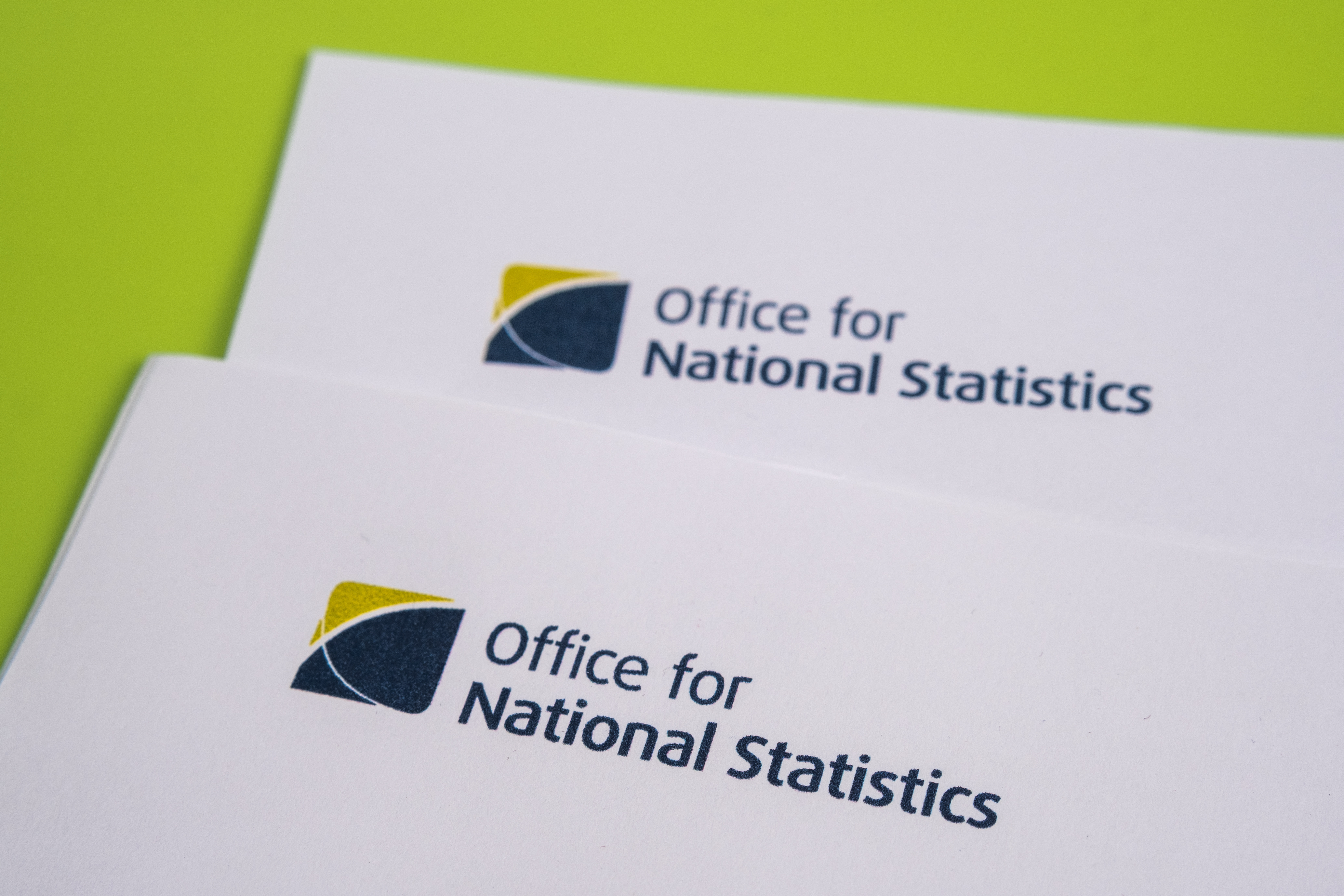
The value of UK goods exports increased slightly by £0.2bn (0.7%) in November 2022, according to the latest trade figures from the Office for National Statistics (ONS).
Exports to the EU were down by 0.4% on October, while non-EU exports performed slightly better, up 0.7%. Non-EU exports were of greater value than those to the EU, worth £16.7bn in November, compared with £16.1bn for EU exports.
The decrease in exports to the EU was driven by a £0.4bn drop in fuel exports for the fourth month in a row. Non-EU export increases were fuelled by a £0.7bn increase in exports of machinery and transport equipment, along with a rise of £0.4bn in exports of chemicals.
The value of goods imports increased by £1.8bn (3.5%), with those from EU countries growing by £1.2bn (4.7%) compared with those from non-EU countries which rose by £0.6bn (2.2%).
The estimates suggest both imports and exports of services decreased by £0.1bn with imports down by 0.6% to £20.8bn, while exports decreased to £34.6bn (0.2%).
Deficit narrows
The total trade deficit, excluding precious metals, narrowed by £6.5bn to £20.2bn in the three months to November 2022, driven by a decrease in goods imports from non-EU countries, linked to falling fuel prices over the period.
Total imports of goods decreased by £5.3bn (3.2%) in the three months to November 2022, compared with the previous quarter.
Exports of goods over the same period decreased by £1.5bn (1.5%), with exports decreasing to the EU and exports to non-EU countries increasing.
UK lags G20
According to thinktank UK in a Changing Europe’s trade tracker, UK trade value began to underperform other advanced economies in 2016, and its-post-pandemic recovery has been weaker than elsewhere.
It currently lags behind the eurozone, US, China, Latin America, and other advanced economies. In 2021, the UK experienced only a 2.5% annual growth in trade, placing it last in the G20.
The underperformance has been noticeable since 2016 and has been particularly acute since the implementation of the Trade and Cooperation Agreement (TCA). However, it is unclear how much can directly be attributed to Brexit, the thinktank said.
November surprise
November GDP figure produced an unexpected uptick as the Qatar World Cup led to an increase in hospitality business, reports the FT.
GDP was up by 0.1% against an expected contraction of 0.2%, giving rise to hope that the UK might avoid slipping into a technical recession, which is two consecutive quarters of declining GDP.
According to Reuters, the growth surprise means there will need to be a fall of around 0.5% in output in December for Britain to meet this definition of recession.
However, November, output was smaller than in its peak of May 2022 and remained 0.3% below its pre-pandemic level in February 2020.



